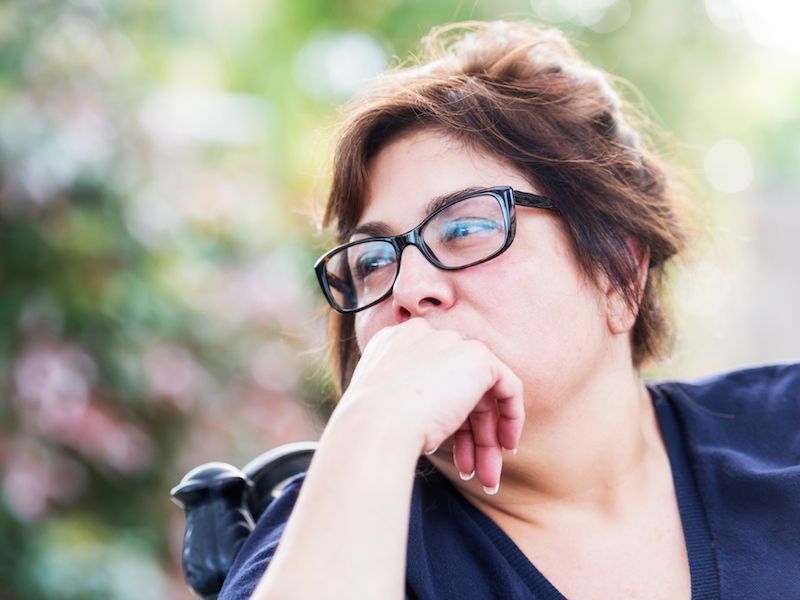
Studies show that people with diabetes are twice as likely to have hearing loss, according to the American Diabetes Association. That could surprise those of you who automatically associate hearing loss with getting old or noise trauma. In 2010, 1.9 million people were diagnosed with diabetes and nearly 500,000 of them were below the age of 44. Some type of hearing loss most likely affects at least 250,000 of the younger people with this disease.
The point is that diabetes is only one in many conditions which can cost a person their hearing. Other than the obvious aspect of aging, what is the relationship between these diseases and hearing loss? These illnesses that lead to hearing loss should be taken into consideration.
Diabetes
What the link is between diabetes and hearing loss is not clear but clinical research seems to indicate there is one. A condition that suggests a person could develop type 2 diabetes, called prediabetes, causes people to lose their hearing 30 percent faster than people who don’t have it.
Even though there are some theories, researchers still don’t know why this happens. It is feasible that high glucose levels may cause damage to the blood vessels that feed the inner ear. That’s a reasonable assumption since diabetes is known to influence circulation.
Meningitis
This infectious disease causes hearing loss. Meningitis by definition is inflammation of the membranes that cover the spinal cord and brain, normally due to infection. Studies show that 30 percent of people will lose their hearing partially or completely if they get this condition. This infection is the second most common cause of hearing loss in American young people.
Meningitis has the potential to injure the fragile nerves that allow the inner ear to send signals to the brain. The brain has no means to interpret sound without these signals.
Cardiovascular Disease
Ailments that affect the heart or blood vessels are covered under the umbrella term “cardiovascular disease”. This category contains these common diseases:
- Heart failure
- Stroke
- Atherosclerosis
- High blood pressure
- Peripheral artery disease
- Heart attack
Age related hearing loss is normally linked to cardiovascular diseases. Injury can easily happen to the inner ear. Injury to the inner ear leads to hearing loss when there is a change in blood flow and it doesn’t receive the oxygen and nutrients that it needs to thrive.
Chronic Kidney Disease
A 2012 study published in The Laryngoscope found that people have an increased risk of losing their hearing if they have this condition. A separate study found that chance to be as high as 43 percent. However, this connection could be a coincidence. There are many of the same risk factors with kidney disease and other conditions connected with high blood pressure.
Another hypothesis is that the toxins that collect in the blood due to kidney failure might be the culprit. The connection that the nerves have with the brain could be closed off due to damage to the ear by these toxins.
Dementia
The connection between loss of hearing and dementia goes both ways. A person’s chances of getting Alzheimer’s disease appears to be increased by cognitive impairment. Dementia occurs because of brain atrophy and shrinkage. Difficulty hearing can accelerate that process.
The other side of the coin is true, also. A person who has dementia even though there is normal hearing will show a decline in their hearing as injury to the brain increases.
Mumps
Mumps is a viral infection that can cause children to lose their hearing early in life. The reduction in hearing could be only in one ear or it might affect both ears. The reason this occurs is the virus damages the cochlea in the inner ear. Signals are sent to the brain by this part of the ear. The positive thing is, due to vaccination mumps are pretty rare today. Not everyone will experience loss of hearing if they get the mumps.
Chronic Ear Infections
For the majority of individuals, the occasional ear infection is not very risky as treatment clears it up. For some, though, infection after infection can wear out the tiny components that are needed for hearing such as the eardrum or the small bones in the middle ear. When sound cannot reach the inner ear with enough energy to deliver messages to the brain it’s known as conductive hearing loss. Infections can also lead to a sensorineural hearing loss, which means nerve damage.
Prevention is the key to steering clear of many of the diseases that can cost you your hearing. Throughout your life protecting your hearing will be achievable if you exercise regularly, get the right amount of sleep, and have a healthy diet. You should also get regular hearing exams to make sure your ears stay healthy.
